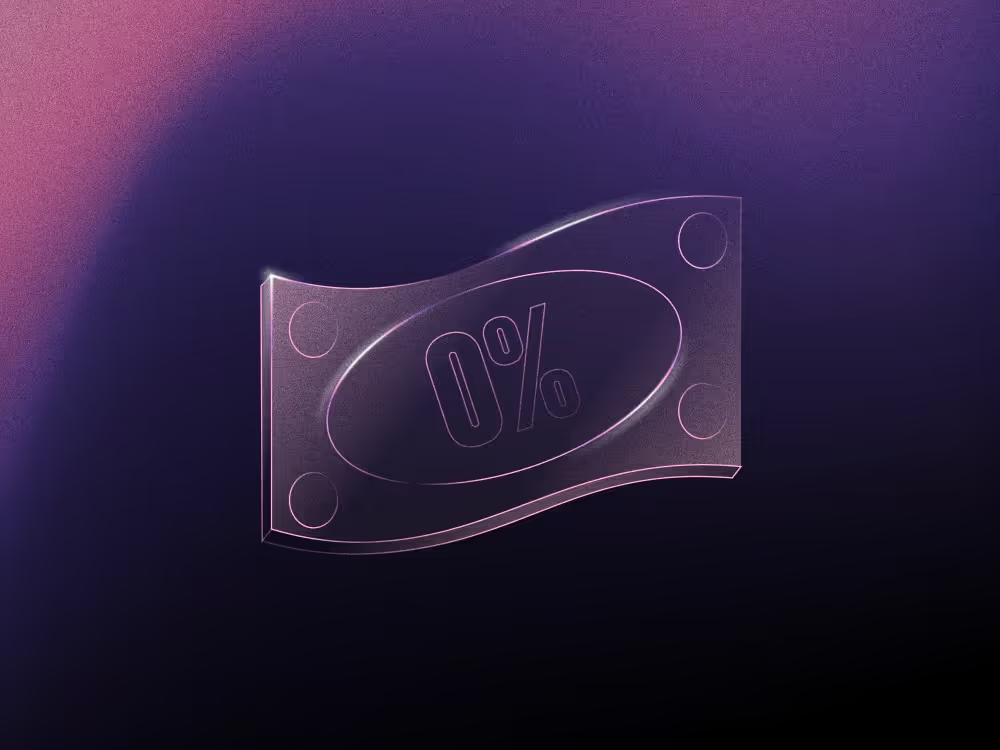What’s an investment fund in simple terms?
An investment fund pools money from investors to buy a diversified portfolio of stocks, bonds, or other assets. Think of it as a collection of hundreds or thousands of different investments. When you buy shares in an investment fund, you, in turn, own a small piece of everything in that basket.
Instant diversification can be a big advantage with investment funds. Their simplicity is another potential benefit, as rather than researching which individual stocks to invest in, you can gain exposure to entire markets, sectors, or investment strategies with a single purchase.
The most common types of investment funds include mutual funds and Exchange-Traded Funds (ETFs), each with its own distinct characteristics. And the ‘best’ of each will depend on a host of factors. The decision is personal and depends on your investment goals and risk levels.
What are the best investment funds in the UK?
“Best” will always be subjective when it comes to investing, as what works for one investor might not suit another. For that reason, we’ll instead look at some of the most popular investment funds among UK investors based on investor data from Freetrade.
This article focuses primarily on ETFs because of their rising popularity, lower fees, and tax efficiencies. A survey run by Brown Brothers Harriman, a global financial services firm, found 95% of European investors planned to increase their overall exposure to ETFs over the next 12 months. Meanwhile, the UK’s offering is growing, with the London Stock Exchange (LSE) adding 270 exchange-traded products last year alone.
Top 10 ETFs for 2025
The following list represents some of the most popular ETFs* among Freetrade investors as of 16 September, though popularity alone should never be relied upon to make an investment decision. Key factors to consider include an investment fund’s fees, objectives, and its risk level relative to anticipated return. It's always useful to read the Key Investor Document (KID).
*These are the most bought ETFs on the Freetrade platform during this period in terms of the value of total buys in £. This is not investment advice. Always do your own research.
What are the most popular investment themes?
US markets
American market dominance is nothing new. And the quantity of S&P 500 and NASDAQ funds featured on this list makes it clear that investing in the US from the UK remains a popular choice, even with rising political volatility.
UK investments and pound sterling exposure
Sterling-denominated money market funds (MMFs) reflect UK investors' desire for currency-hedged, low-risk exposure in their portfolios. UK investors clearly recognise the importance of managing currency risk when building core portfolio positions.
Gold
Gold has delivered strong returns throughout the last few years. It’s commonly seen as a ‘safe haven’ asset that investors flock to during bouts of market volatility or uncertainty
Global Diversification
The FTSE All-World funds provide exposure to approximately 4,000 companies across 50 countries, offering global diversification. This can help reduce single-country risk while tapping into growth opportunities across different continents and economies alike.
Should I invest in investment funds?
There are a few key factors to consider before deciding whether investment funds are right for you.
- Fees: Even seemingly small differences in annual charges compound dramatically over decades. ETFs typically offer lower expense ratios than actively managed mutual funds, which can translate to thousands of pounds in additional returns over a long-term investment horizon.
- Dividends: You may have noticed the top 10 ETFs included similar funds, which only differed in their approach to dividends. Distributing ETFs are best for those wanting a small return without needing to sell an asset outright. This strategy is known as ‘income investing’. Look for accumulating ETFs if you want to leverage the power of compound returns and reinvest your dividends to grow your holdings.
- Past performance: An investment fund’s previous performance can provide context of the past, but it doesn’t guarantee future returns, so it shouldn't be your only consideration. Focus on understanding the underlying investments and strategy rather than chasing last year's winners.
- Fund size: Larger funds typically offer better liquidity and lower trading spreads, which means they can be more cost-effective if you’re investing regularly or using recurring orders to leverage dollar-cost averaging. Very small funds can even close up shop if they fail to attract enough investors.
- Industry and sector concentration: Some funds focus heavily on specific sectors like technology or healthcare, which means that you may be much less diversified than you think you are, as sometimes a single disruption, like supply chain headaches, can cause sector-wide disruptions.
- Management approach: Actively managed funds are run by fund managers who try to beat the market through careful stock selection and timing, while passive funds simply track an index and aim to return the same growth rate. Active management costs more but won’t always deliver better returns after fees.
Freetrade does not give investment advice and you are responsible for making your own investment decisions. If you are unsure about what is right for you, you should seek independent advice. Fluctuations in foreign exchange rates may affect investments denominated in currencies other than GBP and the amount you receive back.

.avif)
.avif)




.avif)





